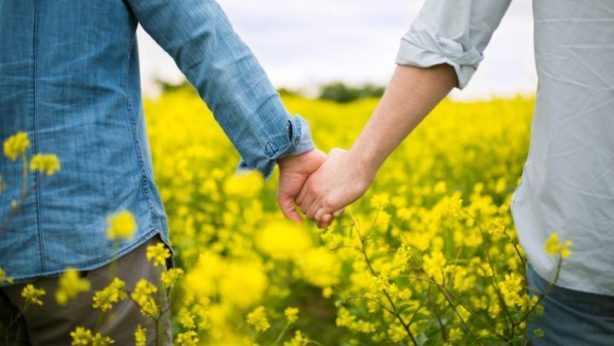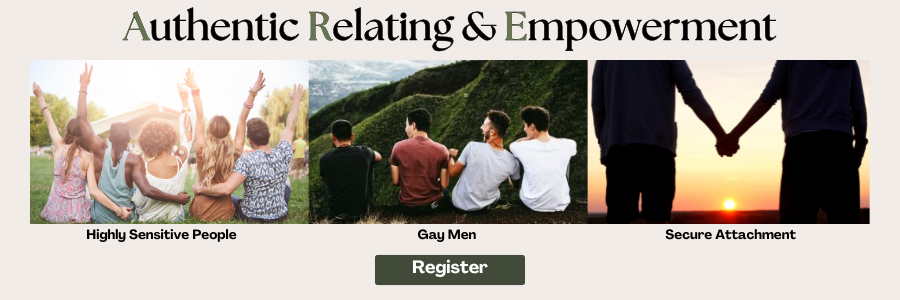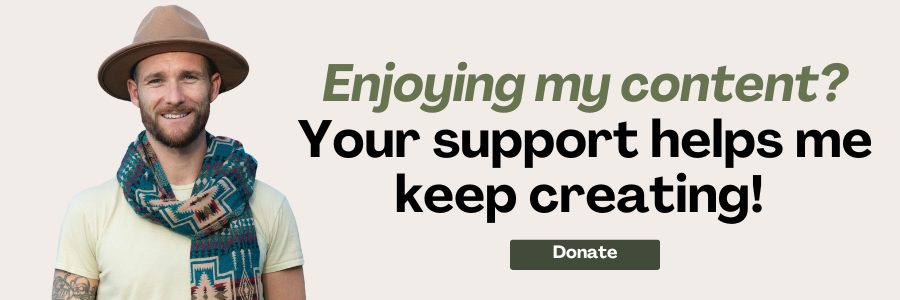Are you someone who struggles to trust in relationships?
I have always been the type of person who sees the best in all people and grew up trusting people without being given a reason to trust them. I never even thought there was another way to approach trust, to be honest.
I habitually give my full trust right away to people who have yet to earn it from me. I am convinced my lack of self-worth and boundaries played into this pattern.
I like to use the analogy of having a cup of trust
In the past, I used to give all my partners a full cup of trust right away. This enabled me to jump into relationships very fast and it would lead to me being very anxious right off the bat. Again, my lack of boundaries wouldn’t allow me to honour what I was feeling because it was always about the other person.
Fast forward to today, I now give potential partners a cup and allow them to fill it up as I learn about them and see that their words match their actions. I am more cautious because I know how deeply I can love, and I deserve to know that I am investing in something that will satisfy me.
I believe trust needs to be earned because I have had partners along the way who have taught me this. Whether that be through betrayals, cheating, not showing up as they say they are, etc.
If you give someone your trust right off the bat, they feel entitled to it. When we feel entitled to something, it holds little value to us. Therefore, we begin to take advantage of it because it has no boundary to ensure respect is honoured.
The core ingredient of trust is vulnerability because trust is what allows vulnerability to be present. It’s what we need to feel safe to show up just as we are. One of the greatest gifts we can give someone is the space to show up as they are without a mask, and trust does this for relationships.
There are a few elements required to build trust in a relationship that I want to explore with you so you can begin to bring more trust into your relationship with Yourself and Others.
Here is what I learned from bringing trust issues into my relationships:

Listen to your intuition
This is a gut feeling you get when something doesn’t feel right. Honour this feeling because it won’t let you down.
Your intuition is your truth because it isn’t being altered by the noise of the mind that likes to create stories of fear and drama. Conversely, the body is just resonating with the truth of the situation, and it’s up to you to tune into it.
We often neglect our intuition because we hold it up against our fears. My fear was saying, “What if you spend the rest of your life alone?”. So rather than honouring what I needed, I settled for someone I intuitively knew wasn’t the right fit for me because I didn’t want my fear to become a reality. In actuality, it already was because the unhappiness of being with someone who doesn’t treat me right is the same unhappiness of being alone.

Every fear is loaded with insight
What is this experience trying to teach me?
Who does it want me to evolve into?
Part of developing trust is taking the risk and knowing that if it doesn’t work out, you always have yourself, your friends, and your family to fall back on.
Trust requires us to be fierce with life and risk being hurt in the name of whatever we want on the other side of trust. Instead of looking at my life as a victim, I look at it by what each betrayal was trying to teach me, and in my case, it was always to come back into myself and provide myself with the love and safety that I have been looking for outside myself.

Use empathy to practice forgiveness for your past
We have all played the role of perpetrator in someone’s pain. People are always “betraying” others in the name of honouring what is right for them.
Empathy and compassion for another’s process is huge because this fosters forgiveness which is a major barrier to trust. When I am working through forgiveness for someone who did me wrong, I always envision them as a wounded child who was unconsciously acting from their own pain.
I tried to see how what they did was trying to meet their own needs, making it less about me and more about them. I knew that they lacked the ability to meet their needs healthily, and I just happened to get caught in the crossfire.
When you do someone wrong to meet your own needs, would you not want that same grace when someone is trying to process the pain you inflicted on them?

Release control and practice surrender
Trust requires flow, flow requires trust, they are one in the same. When we are in a place of trusting another, we are in harmony with them and feel like we can show up as we need to.
You can only trust another when you have completely surrendered control to that person, and the reason many people won’t do this because they are missing a key factor in developing this type of unconditional trust.
When you give up control over another in the name of trust, you are not giving up your ability to be there for yourself if things don’t work out. You are simply saying, “Here I am for you to be there for me, and if you can’t, I sure as hell will.” This is the ultimate devotion to self while learning to trust.

Trust yourself to trust others
Take care of your inner child because mistrust is the protection your inner child employs to not get hurt again. Your inner child doesn’t trust you and won’t let you trust others because you were not there for him/her during times of pain or suffering in the past.
The inner child just remembers the pain and abandonment it felt, and until that is rectified, you will not be able to find trust for another until it’s found for yourself.

Trust is an important ingredient when it comes to being in love. It is the foundation on which everything is built. It is a different experience to look outside yourself for reasons to trust than it is to look within and know that no matter what happens to you, you can trust yourself to be there for you when times are hard.
Trusting others and ourselves in harmony is how we develop a beautiful trust that will allow us to feel safe with our partner and, even more importantly, safe with ourselves.
One cannot exist without the other because, in isolation, we are either trusting blindly and abandoning ourselves or trusting ourselves and not giving our partner trust. This lack of trust for your partner can be a big part of what leads to mistrust because when someone doesn’t trust us, it makes us question their trust as well, and it becomes cyclical. This is why reciprocity is so crucial to building a loving and fulfilling relationship founded in trust.
Lift your cheekbones,
Matt





